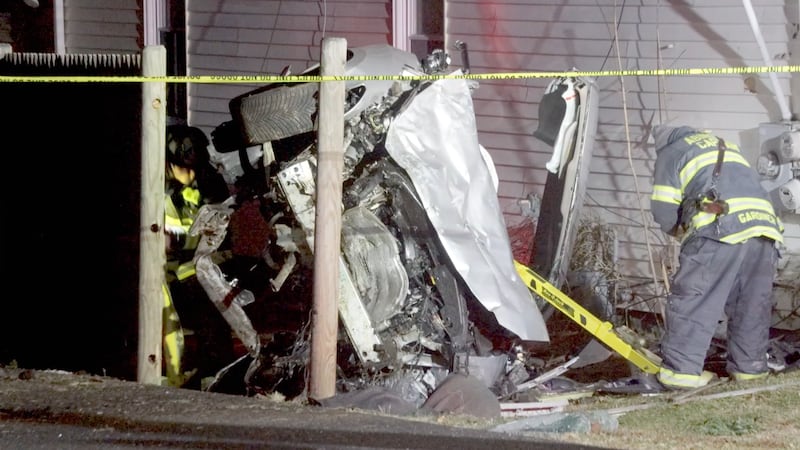The ballot question getting the most attention in the upcoming Massachusetts election asks voters if the government should limit the number of patients a nurse can treat at one time.
Question 1 would set specific limits on the number of patients nurses can have under their care, and the nurse to patient ratios would vary depending on the type of care being delivered. If passed, it would cover facilities like acute care hospitals, as well as those that provide rehabilitation and psychiatric services.
Health care facilities would face stiff fines if they were found to be out of compliance. To meet these stricter guidelines, it's estimated that an additional 3,100 nurses would need to be hired across the state. The state's Health Care Policy Commission estimated the cost of implementing Question 1 could go as high as $949 million.
>> Agency: Nurse ratios could increase health costs nearly $1B
The Massachusetts Nurses Association is leading the charge to pass the ballot question which is modeled after a similar effort in California.
Karen Duffy, a labor and delivery nurse in Brockton for the past 34 years, wants to see Question 1 become law. "With the extra patient load that we’ve been given, there’s such a greater risk for medical patient errors, or even errors of omission."
By limiting the number of patients a nurse can treat at a given time, the MNA believes care will improve without a drastic increase in health care costs. "If you can catch the infection that is brewing, that you didn't quite pick up because you were off to the next patient... it is cheaper in the long run," said Duffy.
>> Massachusetts nurses say hospitals are deceiving voters
The “No on 1” Coalition, made up of hospitals and professional nursing associations, says no to that claim. “One of the biggest concerns that we have is for the smaller hospitals because the financial burden of implementing these rigid ratios is so great,” said Nancy Gaden, chief nursing officer at Boston Medical Center. "We are worried that it would end up being in patient’s co-pays and premiums."
Gaden's biggest worry is that services will be denied to patients if a facility suddenly gets too busy. "If I couldn't get labor and delivery nurses, experienced labor and delivery nurses, we would have a decrease of 800 births that we could do here."
It would be a similar situation in emergency rooms, according to Gaden. "This ballot question has unintended consequences... the way that the legislation is written, the Boston Marathon bombing would not qualify for a reason to suspend this law. The only reason that is written in this law is a public health emergency."
Both sides of the question think they have the right answer when it comes to taking care of patients, while balancing a healthy work environment with one that's economically realistic.
Duffy said, “If this doesn’t pass, it gives hospitals and the hospital association free license to place profits above patients and that’s not what health care should be. It's not why I went into health care."
"The question is, what problem are you solving?" Gaden asked, "Massachusetts already has fantastic health care."
Read more:
Cox Media Group





